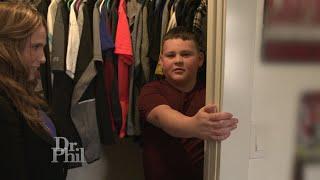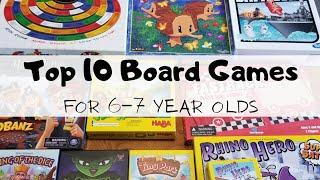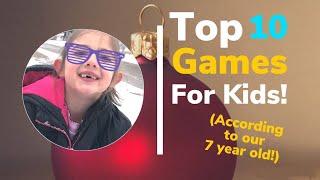10-Year-Old ‘Very Receptive To Treatment,’ Says Board-Certified Behavior Analyst
Description
Jarid and Denise say they cannot seem to control their son, Zak, who has been diagnosed with autism spectrum disorder, and whose behavior includes daily temper tantrums, verbal abuse, physical aggression, and wishing people dead. The couple claims that the medications he has been prescribed have failed, and nothing they do can stop their 10-year-old from carrying on until he gets what he wants.
TELL DR. PHIL YOUR STORY: Family conflict creating drama?
“I do feel like, when he wants something and doesn’t know how to ask for it – like in the kind way that we would know how – that’s when he does get frustrated with himself, and that’s when he will start the outbursts,” says Denise.
WATCH: Board-Certified Behavior Analyst To 10-Year-Old: ‘I’m Here To Give You A Better Life’
Megan St. Clair, who is a board-certified behavior analyst, recently visited Zak at his home to help him learn how to modify some of the conduct that has been frustrating his family.
“When the behavioral expectations are clear, and he knows he’s going to get it right, he smiles and is proud of himself,” she says, noting that Zak was “very receptive to treatment.” Dr. Charles Sophy, a board-certified psychiatrist and the medical director for the County of Los Angeles of Children and Family Services, joins the conversation. Watch the video above to hear his recommendations, then check here to find your local listing for Monday’s Dr. Phil.
TELL DR. PHIL YOUR STORY: At your final breaking point?
Dr. Phil uses the power of television to tell compelling stories about real people.
The Dr. Phil show provides the most comprehensive forum on mental health issues in the history of television. For over a decade, Dr. McGraw has used the show's platform to make psychology accessible and understandable to the general public by addressing important personal and social issues. Using his top-rated show as a teaching tool, he takes aim at the critical issues of our time, including the "silent epidemics" of bullying, drug abuse, domestic violence, depression, child abuse, suicide and various forms of severe mental illness.





















Comments